As a developing economy, India has numerous developmental aspirations. How India meets these goals without worsening the climate crisis is at the heart of CSTEP's work. Addressing climate change and enabling a secure and sustainable future for Indian citizens require an overhaul of previous paradigms on development and resource utilisation. This is reflected in our work on developing low-carbon trajectories for development with an emphasis on nature-based solutions.
We are working with state governments across India to build capacity on risk and vulnerability assessments to inform their respective action plans on climate change. The transition from fossil fuels to renewable energy is crucial to achieving a secure and sustainable future. CSTEP's studies explore the possibility of a greater integration of renewables in the energy sector.


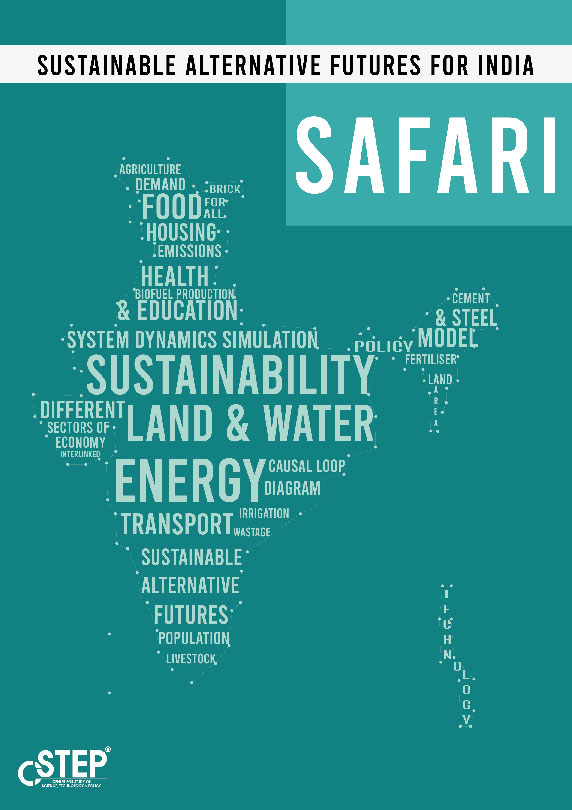

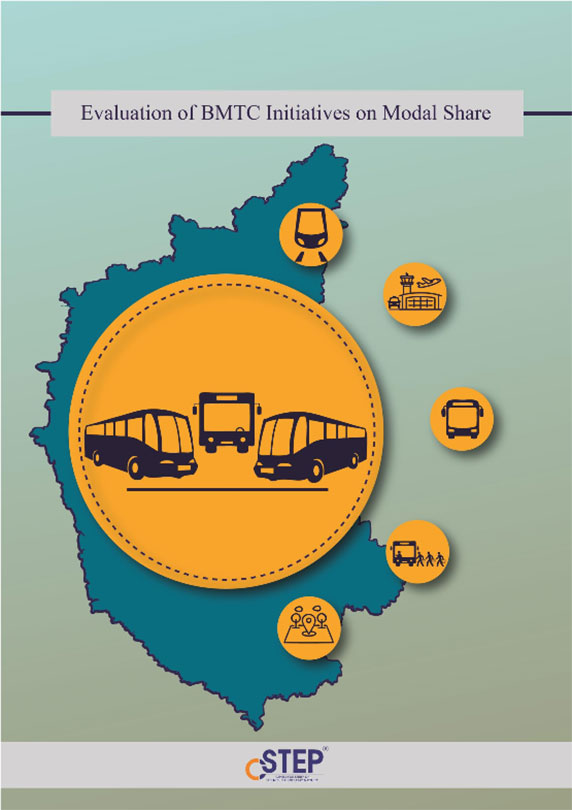
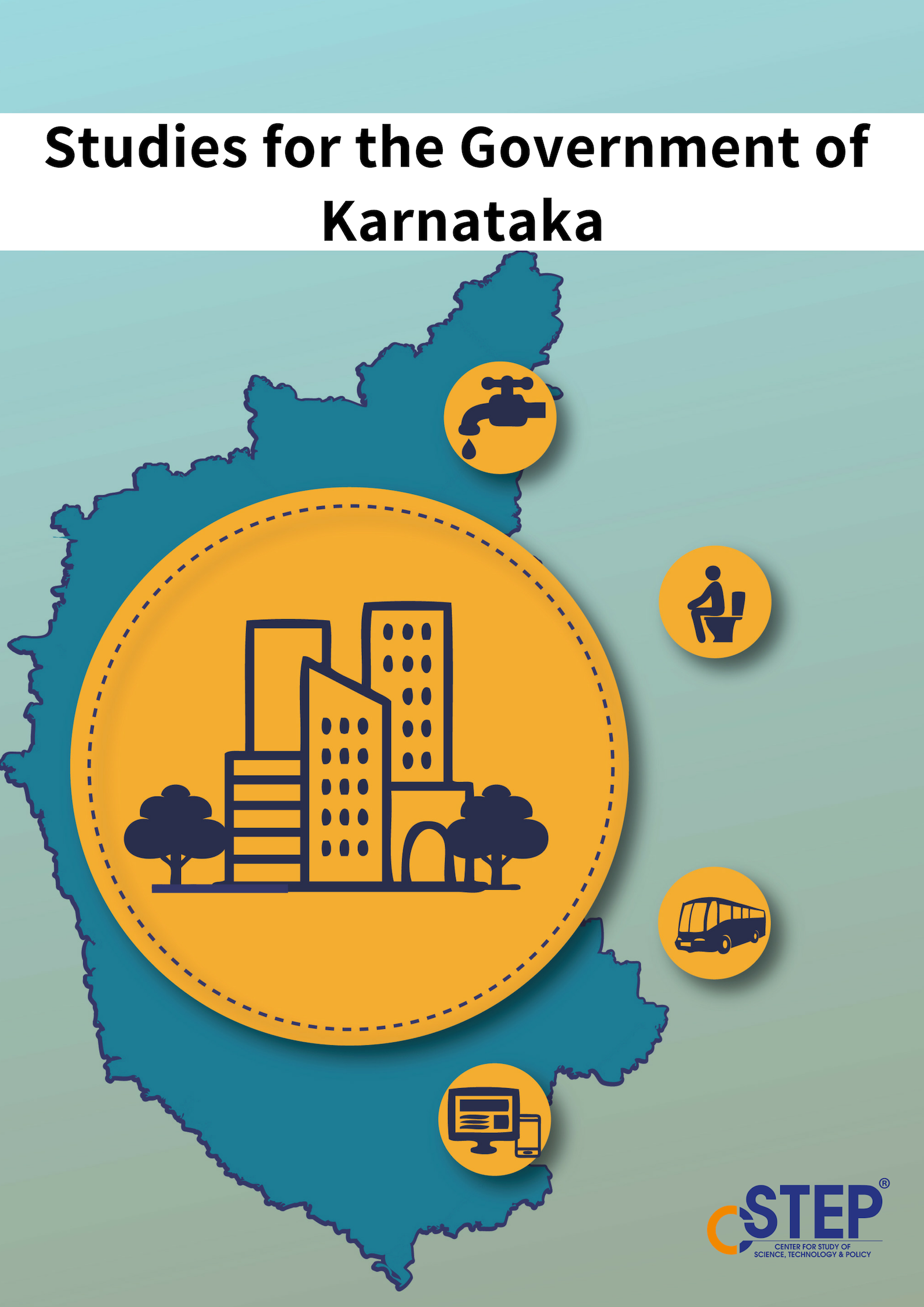

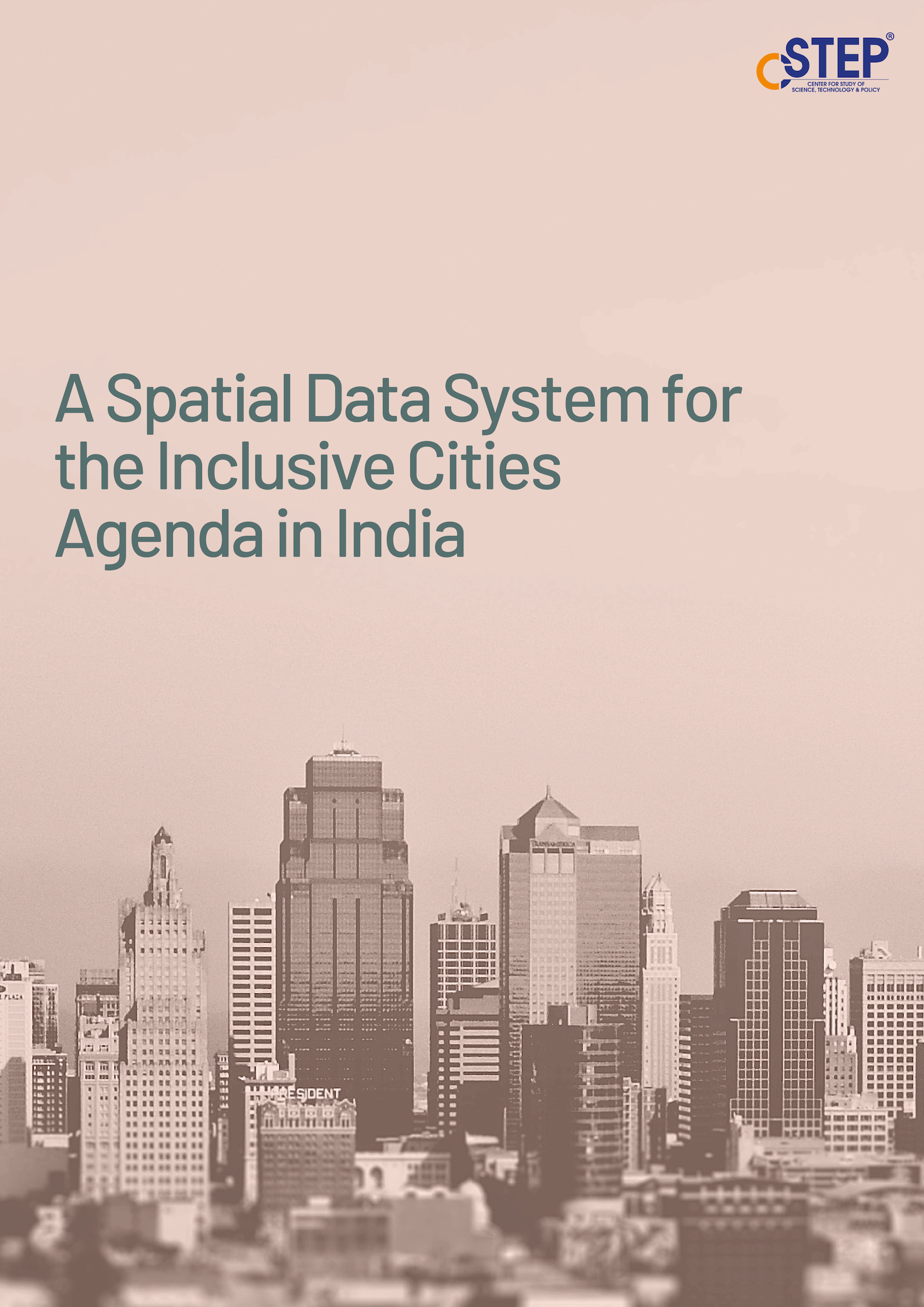
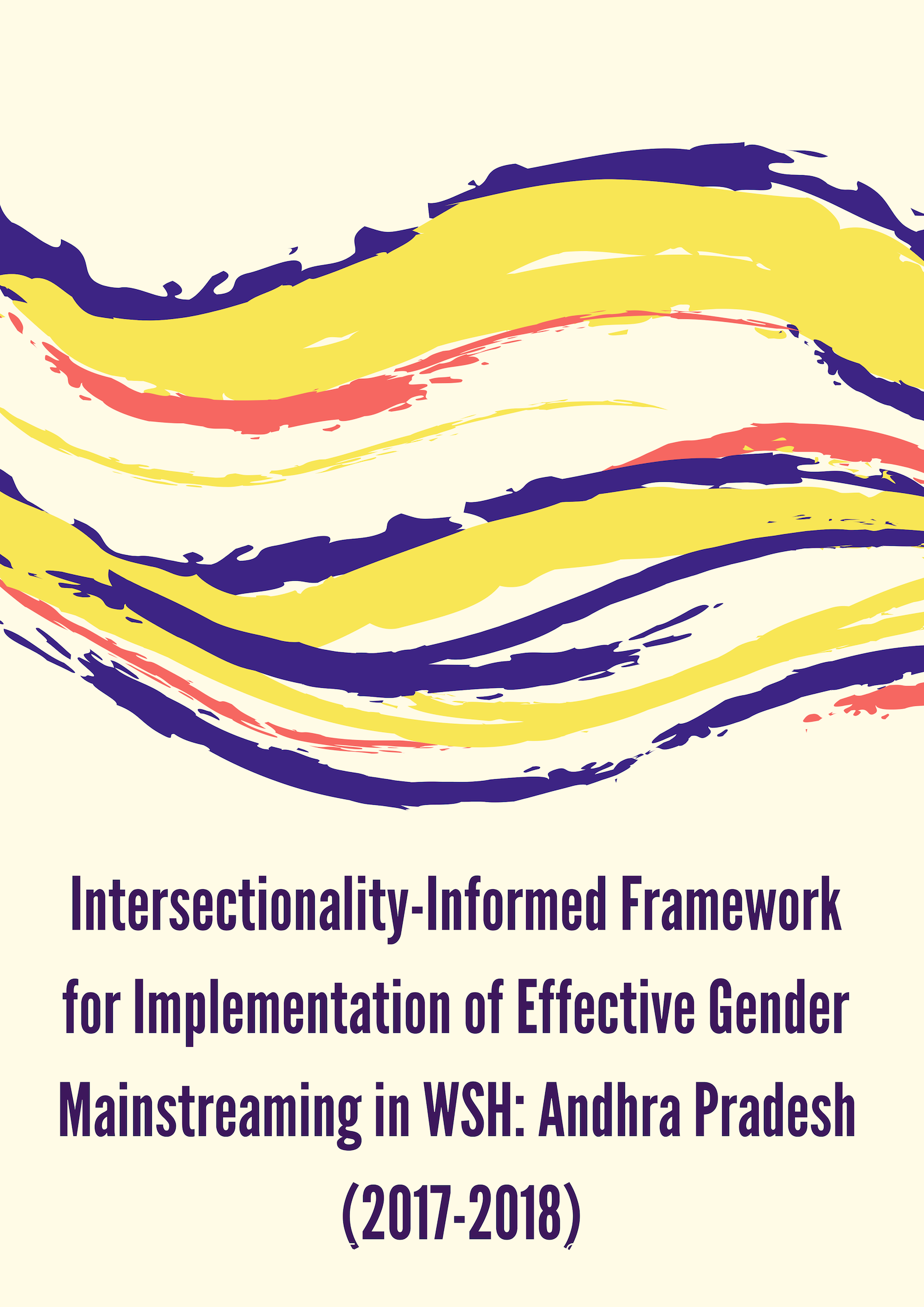
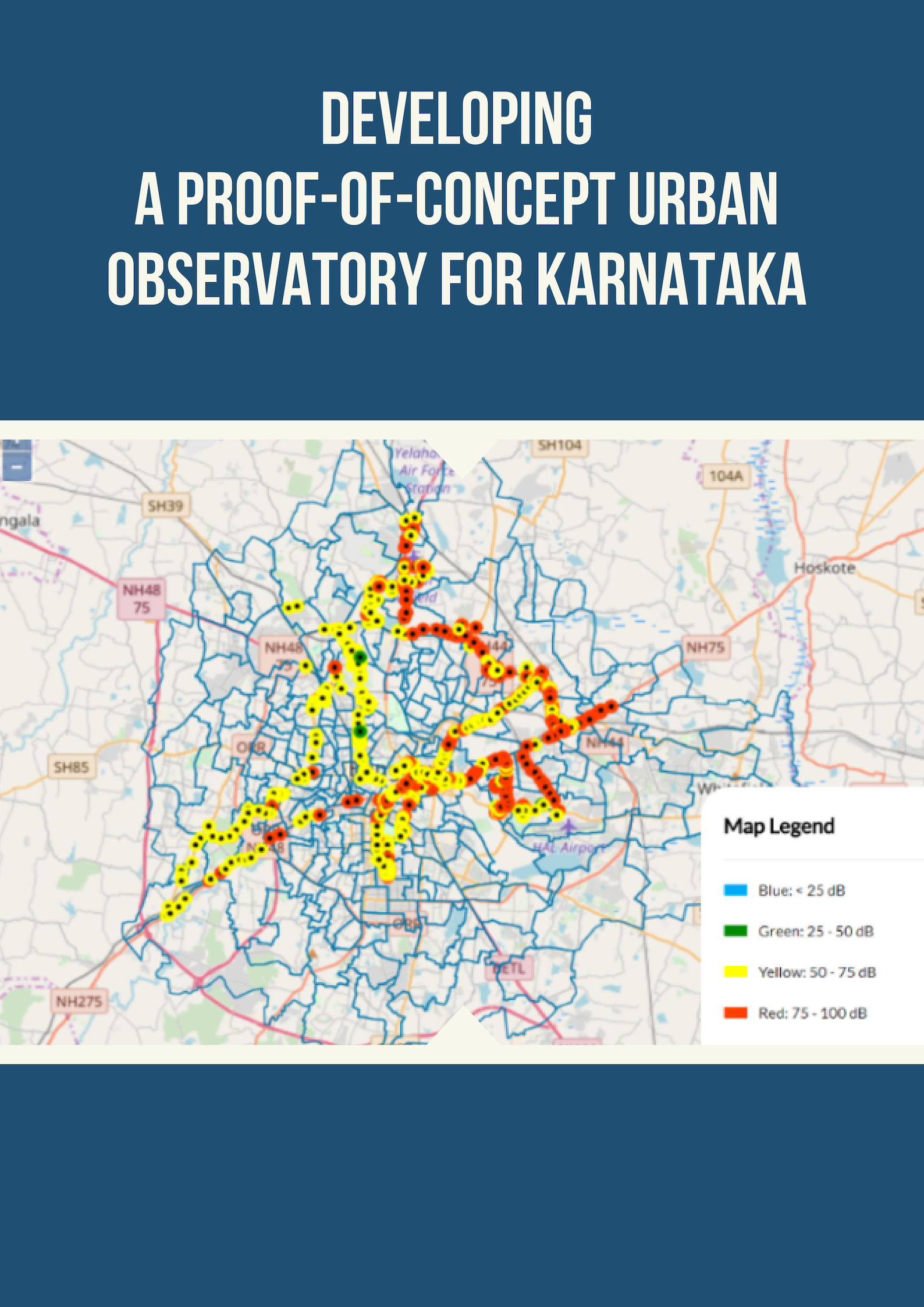
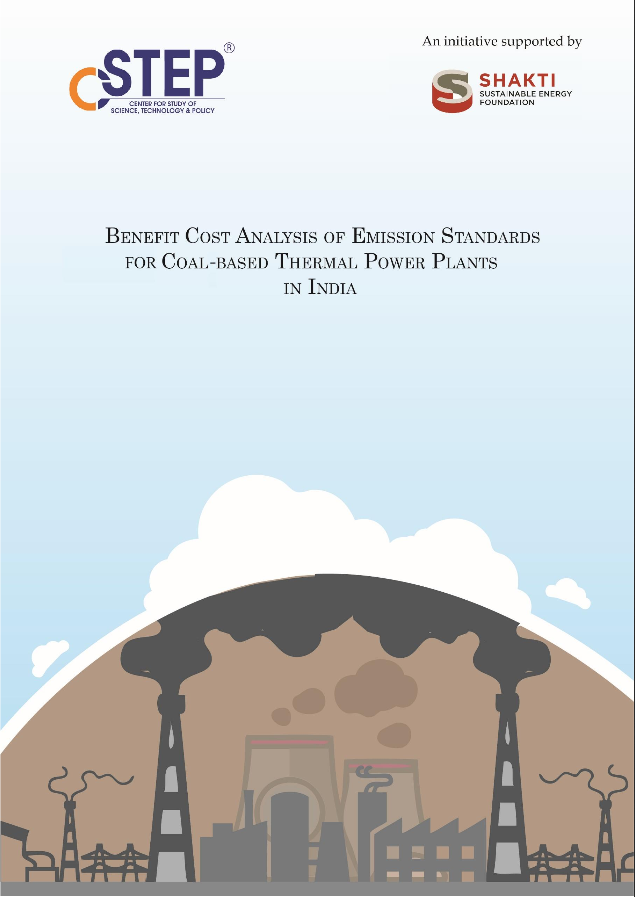


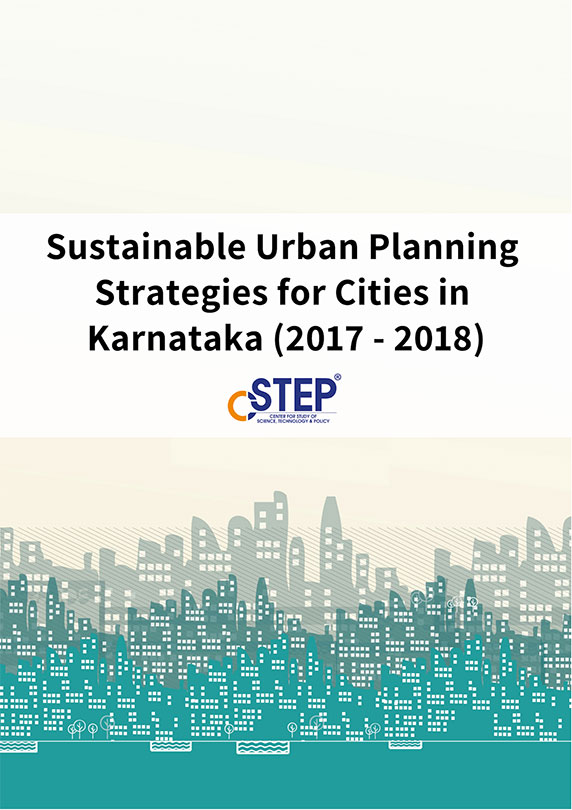




Focus on heat-resilience despite the monsoon
At a national conference on climate and health titled ‘India 2047: Building a Climate-Resilient Future’, recently, a trade union leader shared the lived reality of garment workers in sweltering factories, while a climate modeller spoke about wet-bulb temperatures — two equally important perspectives that are reflective of science and the lived reality. The conference showed the power of unlikely collaborations: paediatricians with architects, maternal health experts with city engineers, and academicians with policymakers.
Harnessing ocean energy in India
As the Ministry of New and Renewable Energy (MNRE) continues to expand India's renewable energy (RE) portfolio, ocean energy offers a sustainable solution to meet India's growing energy demands while reducing carbon emissions. This article outlines the current state of ocean energy technologies, their potential in India, and the current initiatives undertaken by MNRE to further the development of ocean energy in India.
Sustainable biomanufacturing: Key to India's green transition
In the battle against climate change, the role of chemistry and the chemical industry is often overlooked. As India accelerates its industrial growth, it must embrace sustainable biomanufacturing and green chemistry not just to meet environmental commitments but to reinforce economic competitiveness.
Climate risk profile for the agriculture and allied sector in Odisha
Odisha’s agricultural and allied sectors, vital to the state’s economy, face mounting threats from climate change. These sectors are increasingly exposed and are vulnerable to climate extremes, posing significant risks to livelihoods and food security.
Resource use and greenhouse gas emissions profiles for districts of Odisha
Odisha’s agricultural and allied sectors face severe threats from climate change. These sectors are crucial for the state’s economy yet are increasingly at risk to climate extremes. This scoping report series is an exercise to identify the priority districts for intervention to build resilience sustainably in the agriculture and allied sectors of the state.
Data-driven prioritisation of districts for climate-smart agriculture in Odisha
Odisha’s agricultural and allied sectors, which are vital to the state’s economy, face growing threats from climate change and its associated extremes. This scoping report series aims to identify priority districts for targeted interventions to enhance resilience in these sectors. The analysis integrates three key components—Resource Use Profiling (RUP), Greenhouse Gas (GHG) Emissions Inventory, and Climate Risk Assessment (CRA)—to examine the nature, extent, and intensity of climate impacts on agriculture and allied activities.
